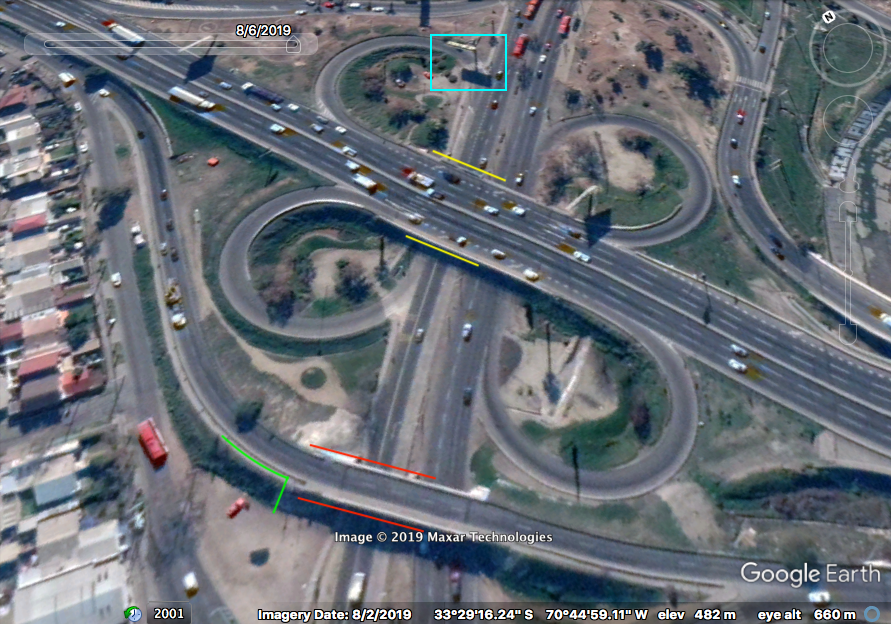Decoding Akbar: Was he really a 'great' emperor as portrayed by distorians? many aspects define a ruler’s character and how he/she should be judged by history. How they treat the non-combatant population of their opponent during or after the battle is one of them.
Chittor had been a symbol of Rajput pride, the jewel fort of the mighty Sisodias of Mewar whose glory had risen to new heights under the illustrious Rana Sanga. Though Rajputs lost the battle of Khanua to Babur in 1527, the House of Mewar remained defiant as ever.
It was a mammoth affair for which preparations were made on a massive scale. The Mughals were personally commanded by Akbar and the huge army included various military generals of high calibre. On October 20, 1567, the army reached the outskirts of Chittor.
Akbar gave the orders of an all-out attack on the night of February 22. The fort was surrounded and breached by his army. Jaimal was shot by Akbar using a matchlock when he was busy supervising the repairs of the breached wall of the fort.
What happened after this is tragic. Akbar ordered a general massacre. Every single person inside the fort was killed by the Mughal army and almost 30,000 people perished.
Akbar put Khwaja Abdul Majid Asaf Khan as the in-charge of the sarkar of Chittor.
*End of Thread*
Credits: @IndiaFactsOrg


















